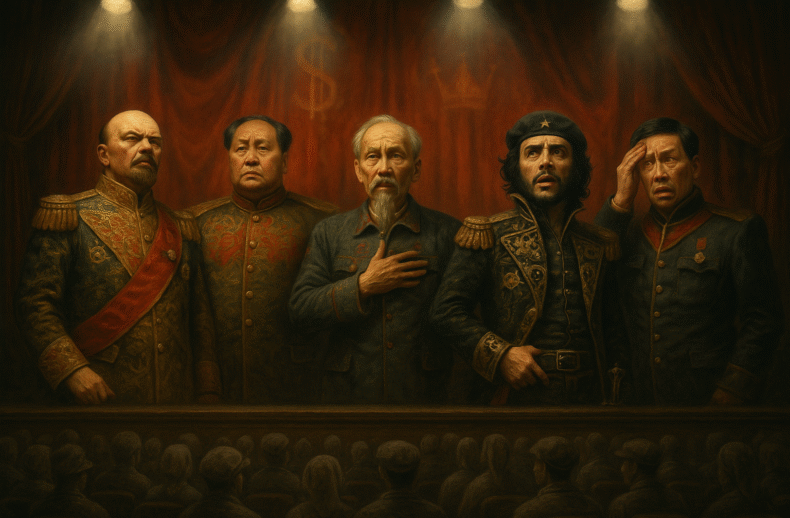Humanity calls itself civilized, yet the same ancient instincts still shape its behavior. From kings with harems to billionaires with hidden mistresses, the link between power and sexual privilege remains unchanged. Education and democracy have not dissolved this biological pattern — they have only concealed it beneath the language of morality and progress. The Demand for Recognition (DfR), once expressed in crowns and concubines, now appears as fame, wealth, and influence. Morality and culture function as stabilizing filters within evolution, not as escapes from it. Civilization, therefore, is not the victory over instinct but evolution becoming aware of itself. The question is no longer whether humans can control their animal nature, but whether they can redirect recognition toward empathy, balance, and sustainability — transforming dominance into consciousness.



